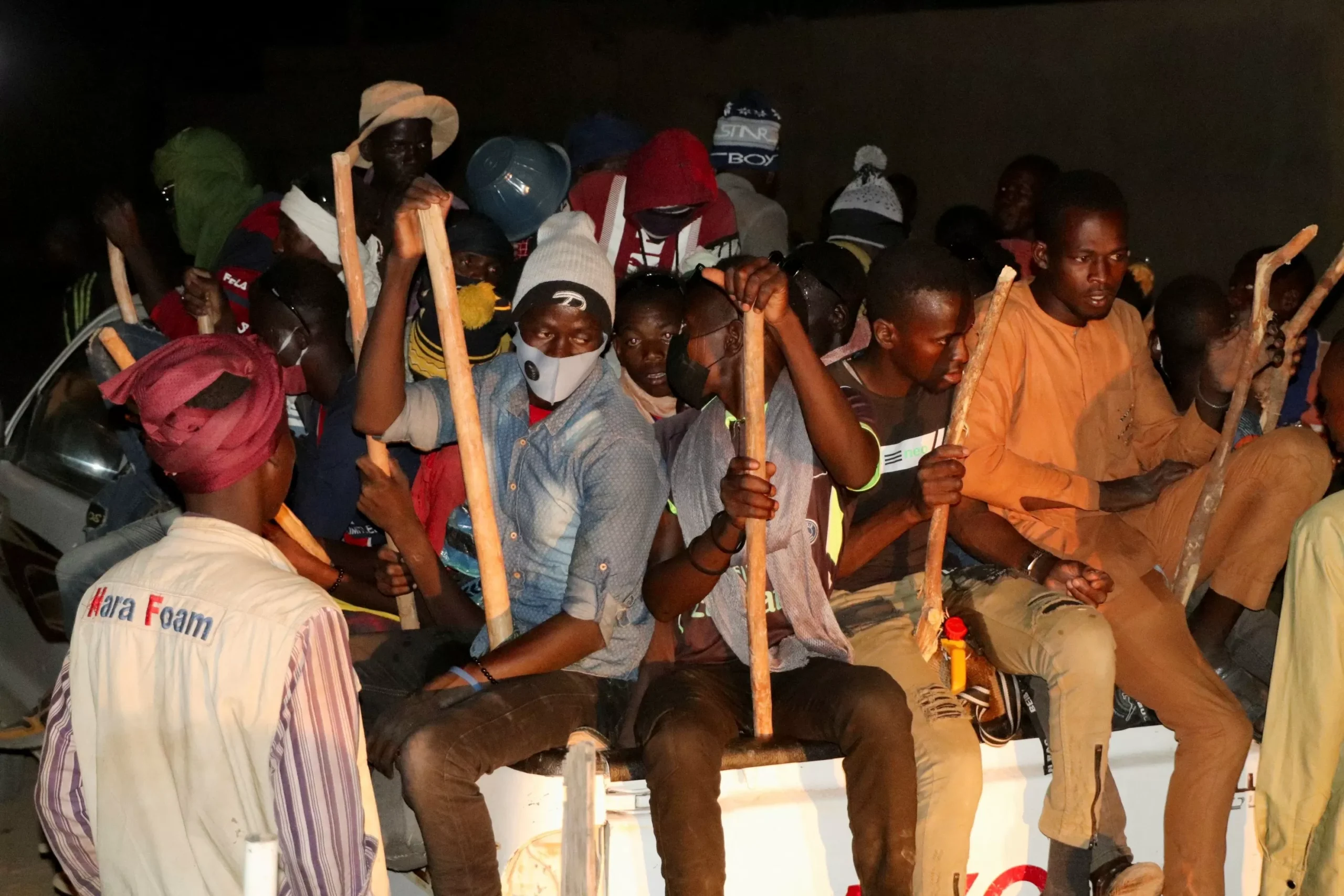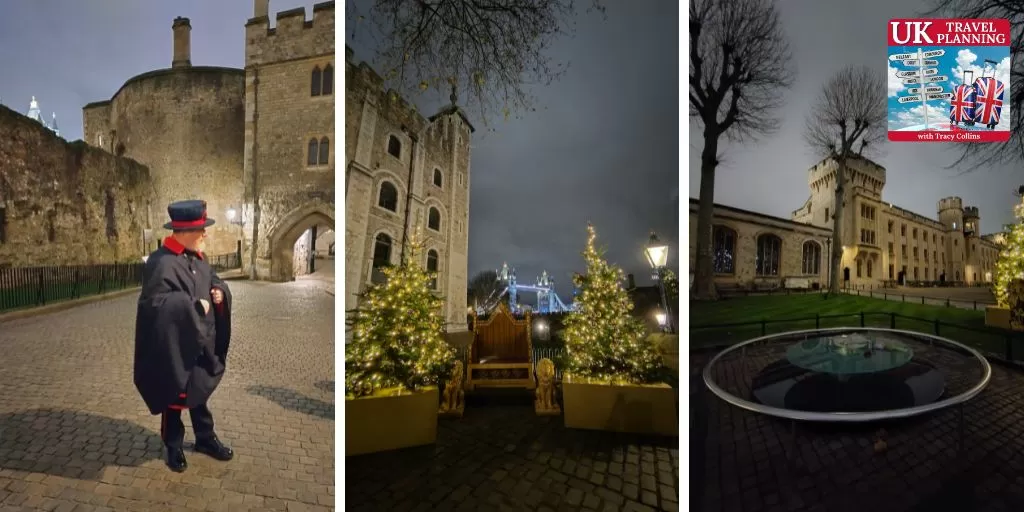At Agadez’s bustling bus station, a dozen men, their faces concealed by turbans and sunglasses, boarded a rugged pickup truck bound for Libya, traversing the desert toward the unknown. This scene may seem like something out of a movie, but for many migrants in West Africa, it is a reality they face in search of a better life.
Agadez, a city in northern Niger, has long been a hub for migrants from all over West Africa, who gather in hopes of reaching the shores of Europe. The journey is treacherous, with many facing extreme heat, dangerous terrain, and the constant threat of violence and exploitation. Despite these challenges, the allure of a better life drives these migrants to take the risk.
The bustling bus station in Agadez is a microcosm of the larger migration crisis in Africa. It is a place where people from different countries, cultures, and backgrounds come together, all with the same goal in mind – to reach Europe. The scene is chaotic, with people haggling for prices, loading their belongings onto trucks, and saying tearful goodbyes to loved ones. It is a place of hope, but also of desperation.
The men boarding the pickup truck may seem like strangers, but they are bound together by a common dream – the dream of a better life. They come from countries like Nigeria, Ghana, and Senegal, leaving behind poverty, unemployment, and political instability. They are willing to risk everything for the chance at a better future.
As the truck makes its way through the desert, the men endure long hours of travel, often with little food or water. They face the scorching heat of the sun during the day and the bone-chilling cold at night. But they persevere, driven by the hope of a better tomorrow.
The journey to Libya is just the beginning for these migrants. From there, they will attempt to cross the Mediterranean Sea, a dangerous and often deadly route. Many will fall victim to human traffickers, who promise a safe passage to Europe but instead exploit and abuse these vulnerable individuals. Others will drown at sea, their dreams of a better life cut short.
Despite the risks, the migrants at Agadez’s bus station remain undeterred. They are determined to reach Europe, where they believe they will find opportunities for work and a better standard of living. For them, the journey is a small price to pay for the chance at a better future.
But amidst the chaos and desperation, there is also hope. Organizations like the International Organization for Migration (IOM) and the United Nations High Commissioner for Refugees (UNHCR) are working to provide assistance to migrants at the bus station. They offer medical aid, food, and shelter, as well as information about the dangers of irregular migration.
The government of Niger has also taken steps to address the migration crisis in Agadez. In 2015, it passed a law criminalizing the transport of migrants without proper documentation. This has led to a decrease in the number of migrants passing through the city, as well as a crackdown on human traffickers.
In addition, the government has also launched programs to provide alternative livelihoods for the people of Agadez, who have long relied on the migration industry for income. These programs aim to create jobs and economic opportunities for the locals, reducing their dependence on the migration business.
The situation in Agadez’s bus station is a complex one, with no easy solutions. But amidst the challenges, there is also resilience and determination. The migrants who pass through this station are not just numbers or statistics, they are human beings with hopes and dreams. They deserve to be treated with dignity and respect, and to have their voices heard.
As we witness the scene at Agadez’s bustling bus station, we are reminded of the importance of addressing the root causes of migration – poverty, unemployment, and political instability. We must work together to create a world where people do not have to risk their lives in search of a better future.
So, as the pickup truck disappears into the horizon, let us not forget the faces of the men on board. Let us remember their stories and their struggles. And let us work towards a future where no one has to make such a perilous journey in search of a better life.





![Complete BritRail Pass Guide [Types, How to Use It, Pros + Cons]](https://inside-news.uk/wp-content/uploads/2025/06/00221EB4-BCA2-4DBB-6CD4-83DBC37D71FA-120x86.webp)












